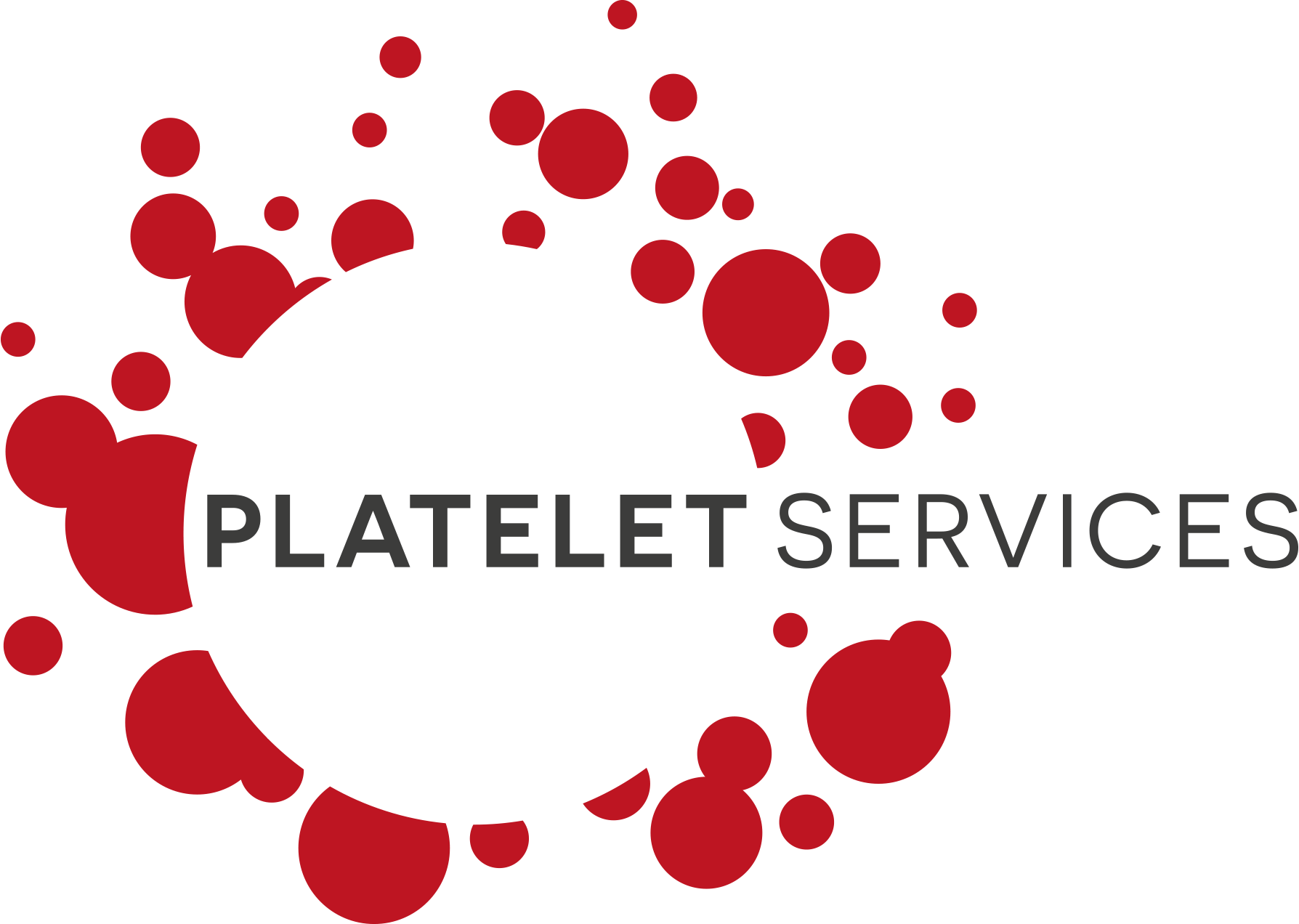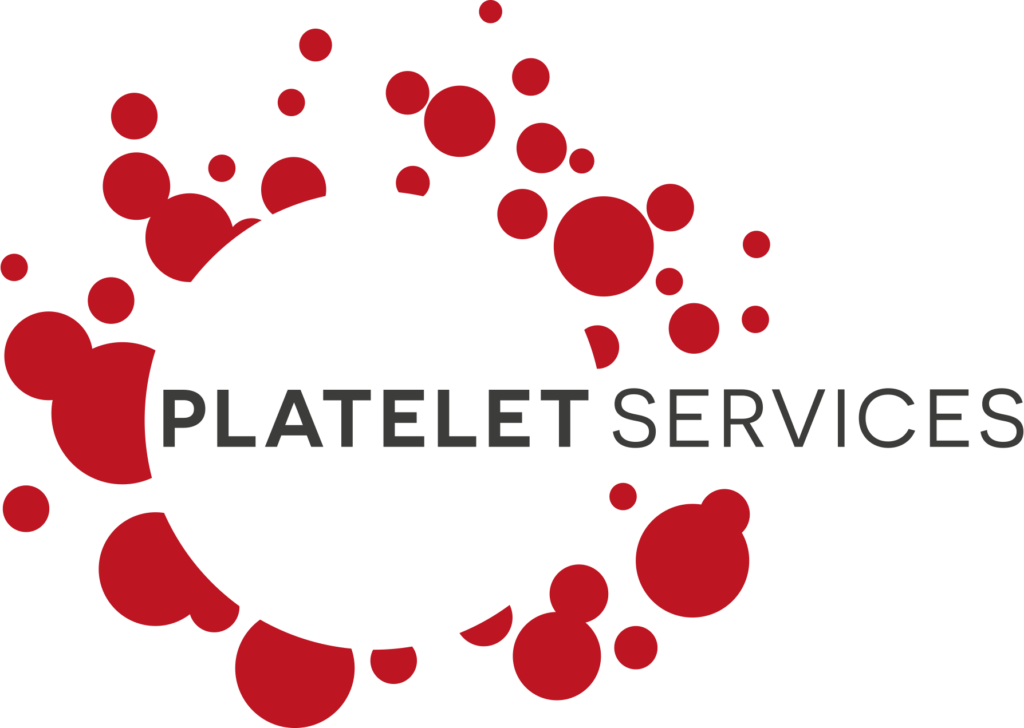Paul Cato had the pleasure of attending the Platelet Society Summer School last week on behalf of Platelet Services, which took place on the beautiful parkland campus at the University of Reading over the course of three days. In this post-event report, Paul shares some of his key takeaways from the event.
About the Platelet Society Summer School
Organised by the Platelet Society, the Summer School introduced attendees to all aspects of platelet biology, including the state-of-the art in platelet research, how we study platelets, and the processes in which they are involved.
We were thrilled to attend it this year and to have the opportunity to hear from experts in platelet biology from across Europe, as they delivered seminar-style presentations and open discussions on the latest research and innovations in the field.
Key highlights from the event
Alongside good food, great weather and even better company, we especially enjoyed the fact that such a wide variety of different topics were covered over the three-day event – there was something for everyone! The Summer School also really showed off the use of practical demonstrations, which were highly informative and felt very inclusive for everyone.
Though it’s difficult to pinpoint just one highlight among many stand out moments, we thought John Gibbins, professor of cell biology in the department of biomedical sciences at the University of Reading, provided a fascinating insight on adhesion receptors and inhibitory mechanisms during his presentation on day three.
We also found the talk on platelet secretion delivered by Alistair Poole, professor of pharmacology and cell biology at the University of Bristol, and the discussion of platelet receptors by Craig Hughes, associate professor in the department of biomedical sciences at the University of Reading, were both particularly insightful.
New areas of research
It’s always useful to learn more about what others in the field are investigating and to gain insight into new areas of research. The discussion around future drug strategies definitely gave us food for thought and is something we will take away with us. The work we do at Platelet Services is sandwiched between what’s going on at universities and what’s going on in drug discovery and in the clinic, so looking into the history of drug strategies alongside future developments was of particular relevance to us.
Another noteworthy area covered during the Summer School was emerging microfluidic approaches for platelet biology. Microfluidics is an advancing field of research that has the potential to offer more physiologically relevant in vitro models to study platelets, especially when combined with more complex models involving cells of the blood vessel e.g. endothelial cells. While these models are not typically employed for pre-clinical research yet, they may offer an alternative system to investigate in the future.
Concluding thoughts
We’d like to end by saying a big thank you to Platelet Society and the University of Reading for hosting such a great event. The novelty of meeting up in person again for occasions like this still hasn’t worn off, and we’re looking forward to seeing more faces at upcoming events this year. Stay tuned on our news page.

